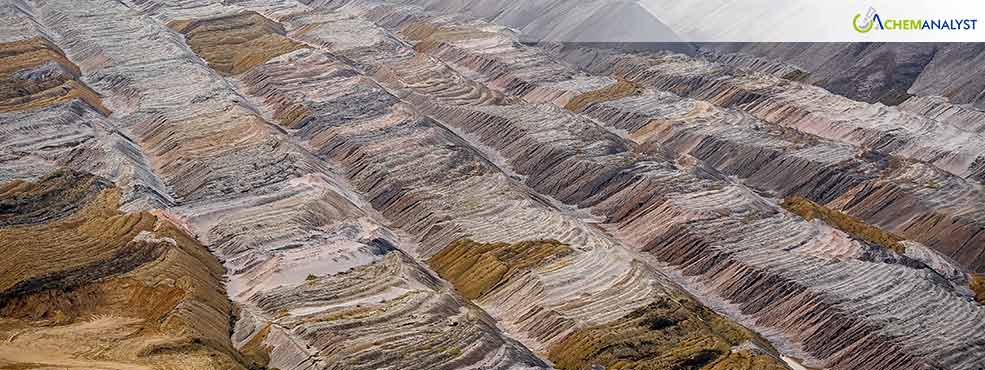Welcome To ChemAnalyst

Chile’s national development agency, Corfo, has announced a new initiative aimed at tapping into the country’s vast mining waste reserves to extract valuable strategic minerals, including cobalt and rare earth elements. With an investment of between $3 million and $4 million per project, the program is set to run over a three-year period and seeks to promote sustainable mining practices and technological advancements in mineral extraction.
The initiative, which opened for proposals on Tuesday, is part of Chile’s broader strategy to leverage its abundant reserves of mining tailings—estimated at nearly 800 sites across the country. These tailings, often seen as waste in the past, now hold significant economic potential, particularly as the global demand for metals required for energy transition technologies grows. This includes cobalt and rare earths, which are crucial for electric vehicle batteries and renewable energy systems.
During the announcement, Mining Minister Aurora Williams emphasized the strategic importance of these minerals. “Cobalt and rare earths are key to the future of energy transition, and Chile has immense potential to lead in this area,” Williams said, highlighting the shift in perspective regarding older tailings that were previously underutilized. She also revealed plans to modernize regulations governing tailings management, including construction, handling, closure, and reuse. These reforms, set for introduction in March, aim to ensure that Chile, already the world’s largest copper producer, can fully harness its mineral resources in a sustainable and environmentally responsible manner.
Corfo’s focus on technological innovation is central to the initiative. Fernando Hentzschel, head of Technological Capabilities at Corfo, explained that the agency is seeking to scale up small-scale technologies already in use for cobalt extraction. “We are looking for triggers for technological development,” Hentzschel said, underscoring the importance of scaling existing technologies to enable the efficient and large-scale extraction of these valuable minerals.
Chile has made significant progress in extracting copper from mining waste, but cobalt and rare earths remain largely untapped. The new initiative represents a critical step forward, as it seeks to bring new technologies and approaches to the extraction of these strategic minerals, potentially placing Chile at the forefront of the global mining sector’s efforts to supply materials for clean energy technologies.
This program not only aligns with the increasing global demand for energy transition metals but also reflects Chile’s growing commitment to maximizing resource efficiency and addressing the environmental impacts of mining waste. With the demand for cobalt, lithium, and rare earths expected to surge in the coming years, Chile’s initiative positions the country as a key player in the critical minerals market, strengthening its role in the global transition to renewable energy.
We use cookies to deliver the best possible experience on our website. To learn more, visit our Privacy Policy. By continuing to use this site or by closing this box, you consent to our use of cookies. More info.
